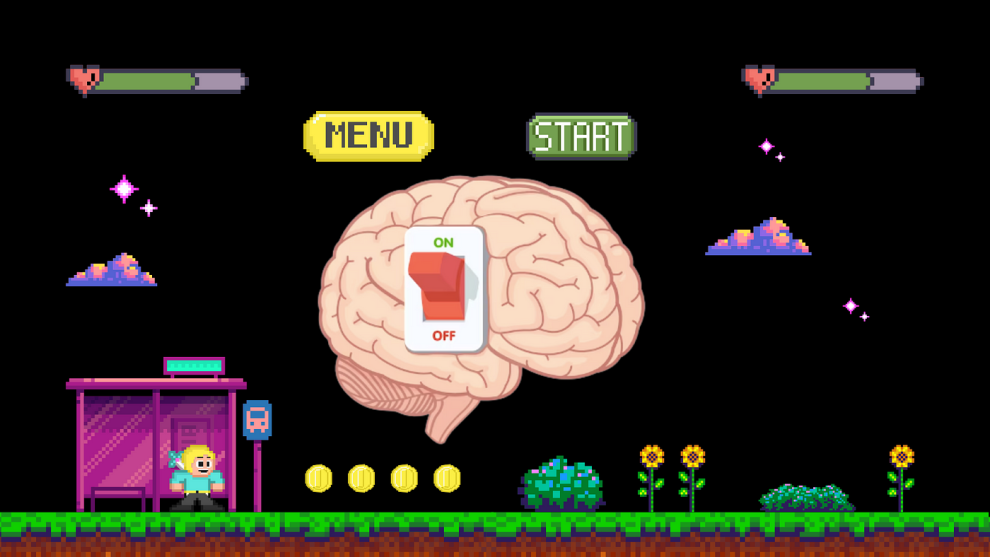Ah, the siren song of the controller! Video games hold a captivating power, and it’s no accident. Developers employ clever psychological tactics and dopamine-driven rewards to keep players engaged and coming back for more. Let’s delve into the fascinating world of video game psychology without violating any safety guidelines:
Variable Rewards
The brain craves novelty, and games like loot boxes and random drops exploit this perfectly. Every chest, enemy, or achievement offers a potential dopamine hit, keeping players chasing that next exciting reward.
Progress and Mastery
Leveling up, unlocking skills, and conquering challenges trigger a sense of accomplishment, feeding our desire for self-improvement. Watching characters grow stronger and conquer obstacles is inherently satisfying, making us invested in their progress.
Community and Belonging
Multiplayer games tap into our need for social connection. Guilds, alliances, and even friendly competition create a sense of community and belonging, motivating players to stay engaged and contribute to the collective experience.
Storytelling and Immersion
Games with captivating narratives can transport us to fantastical worlds and forge emotional bonds with characters. Whether it’s a thrilling quest or a heart-wrenching story, emotional investment keeps us glued to the screen, eager to see what unfolds next.
Visual and Audio Design
From vibrant landscapes to pulse-pounding music, games are expertly crafted to stimulate our senses and create a captivating atmosphere. This aesthetic immersion further deepens our engagement and makes the virtual world feel tangible.
Challenge and Flow
The sweet spot of difficulty lies in finding challenges that are demanding but achievable. Overcoming obstacles through skill and strategy triggers a state of “flow,” where time melts away and we become fully absorbed in the gameplay.
It’s important to remember that while games utilize these psychological principles, moderation and personal awareness are key. Taking breaks, setting healthy boundaries, and engaging in other activities ensure that video games remain a fun and enriching part of our lives.
By understanding the psychological elements at play, we can approach video games with greater awareness and appreciation. They can be powerful tools for entertainment, storytelling, and even personal growth, but like any enjoyable activity, mindful enjoyment is crucial.
Remember, the joy of gaming lies in finding the experiences that resonate with you, exploring diverse genres, and enjoying the journey at your own pace. Happy gaming!
















Add Comment